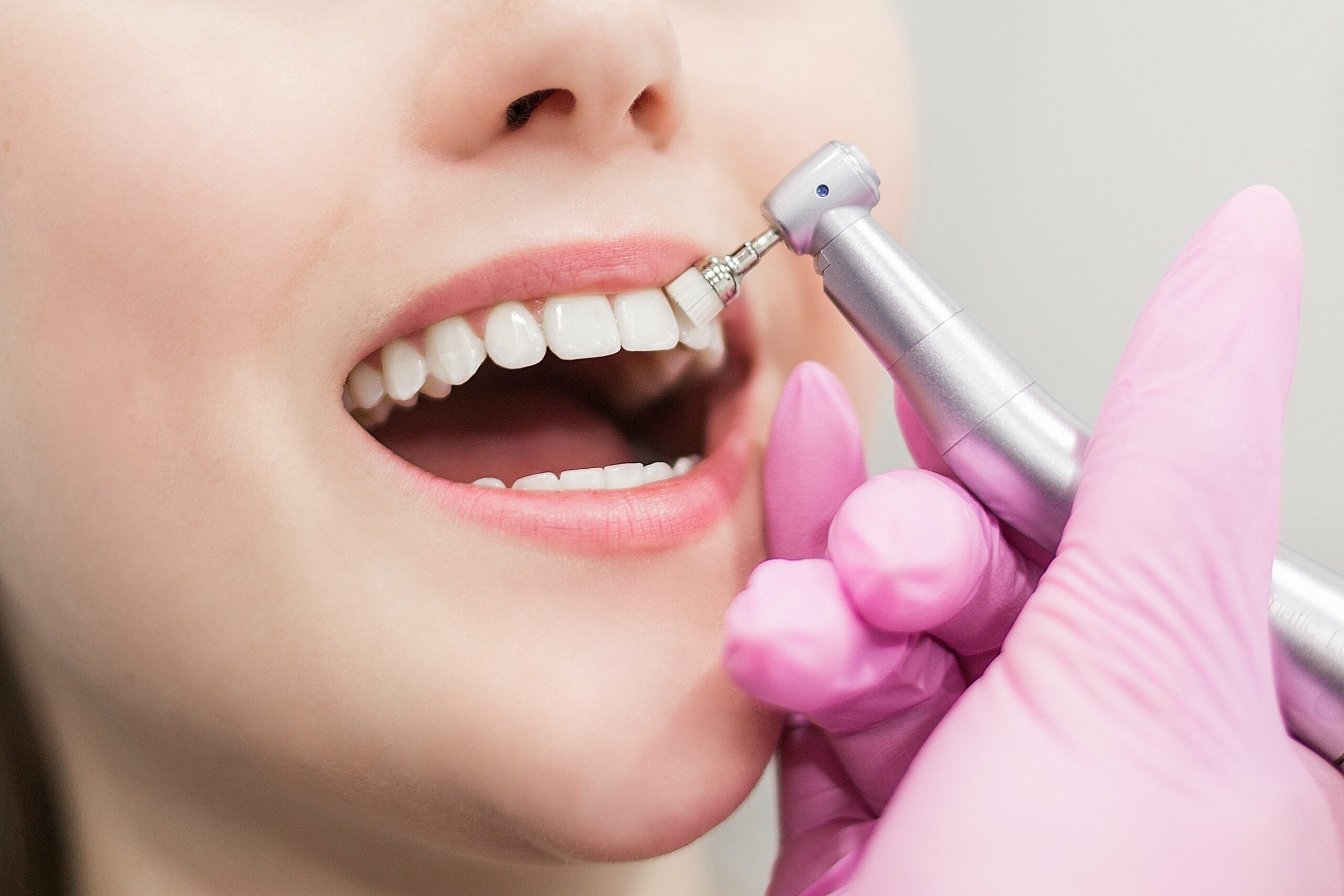- Phone: 1.404.373.4030
- Opening Hours: Mon-Fri 9AM-5PM Eastern

Disclosure: Noelle Copeland RDH is the oral care specialist and dental consultant to the Brilliant and Baby Buddy oral care lines.
Poor oral care can ultimately lead to innumerable problems. Those problems don’t always stay stationary to your mouth, either. Did you know that when your oral health is poor, not only can it cause disease and irreversible damage in the mouth, it can also harm your overall health?
The connection between oral health and systemic health is intricate, and they affect one another directly and indirectly. Bacteria in the mouth can enter the bloodstream and cause disease or complicate immunocompromised persons already dealing with a disease or medical illness.
Cardiovascular disease happens in the arteries. Fatty plaques deposit and build up, resulting in narrowed arteries that slow and block blood flow. This can lead to coronary artery disease, heart attack, stroke, angina, organ damage, and transient ischemic attacks, to name a few.
Active periodontal disease overlaps cardiovascular risks employing inflammatory cytokines and antibodies produced in response to infection. The connection between gum disease and heart disease may be related to c-reactive protein (CRP), a protein found in blood plasma. CRP becomes elevated in the bloodstreams of those with periodontal disease, and levels may rise in response to inflammation in the body.
Arteries measured and clinical findings have revealed:
We aren’t exactly sure how or why these pathogens get there. Still, because the oral environment produces plaque/tartar and builds up in response to overall oral health, the assumption remains that if that bacteria travels throughout the circulatory system, it will eventually attach to other plaques built up in different parts of the body.
A Kennewick Dentist is a doctor who has had specialised training in the treatment of teeth. When you go to the dentist for a checkup, your dentist will examine your teeth and gums for any issues.
Additionally, the evidence and studies are not conclusive in how these two diseases, directly and indirectly, affect one another and how to best treat that.
Gum disease and heart disease have risk factors in common. Risk factors include smoking and being overweight. This commonality may help explain why they can co-occur.
Estimates show that diabetes affects over 30 million Americans and worldwide over 400 million people. Evidence throughout the world suggests that having diabetes in any capacity increases your risk of developing periodontal disease. Inflammation plays a significant connection piece between diabetes and periodontal disease. Inflammation is a known cause of insulin resistance. Therefore, chronic periodontal disease can increase insulin resistance and worsen glycemic control when left untreated and allowed to progress because it causes significant inflammation in the mouth.
In essence, diabetes can cause oral disease, and oral infection can make treating diabetes more complex and challenging.
There is evidence linking severe periodontal disease with the increased risk of delivering a preterm, low birth weight baby. Presently, 12% of US pregnancies are complicated by preterm birth, meaning birth happens before 37 weeks of gestation. Low birth weight refers to babies that weigh less than 5 lbs 8 oz. Small gestational age refers to a baby measuring less than the 10th percentile.
During pregnancy, know that:
The current consensus is that pathogenic oral bacteria travel throughout the body via the bloodstream and negatively affect other parts of the body, including crossing the placenta during pregnancy. These microorganisms cause inflammation in the oral environment and can potentially cause inflammation in other parts of the body, leading to adverse pregnancy outcomes.
Although the science isn’t settled, consider how oral health and systemic health are intricately connected, how systemic health and access to care are woven together, and how low socioeconomic status leads to poorer healthcare outcomes.
If you are pregnant or thinking about becoming pregnant:
Be sure to check out our specialty toothbrush and our soft toothbrush for sensitive teeth by visiting https://brilliantoralcare.com/collections/manual-toothbrushes.
© 2021 Compac Industries. All rights reserved. This article provides information about “oral health topics” as expressed through the perspective and experience of the author. The information provided does not substitute professional advice or counsel, including diagnosing or treating any condition. Always seek the advice of your dentist or another qualified healthcare provider with any questions you may have regarding a medical condition, an oral condition, an illness, or treatment of any listed or nonlisted situation above. By using this site, you signify your assent to our Terms and Conditions. If you do not agree to all of these Terms and Conditions, do not use this site.
Noelle Copeland RDH is an Oral Care Specialist and Dental Consultant who provides content for Brilliant Oral Care and Baby Buddy.


DISCLOSURE: Noelle Copeland RDH is an Oral Care Specialist and Dental Consultant who provides content

DISCLOSURE: Noelle Copeland RDH is an Oral Care Specialist and Dental Consultant who provides content

We believe that all people are fearfully and wonderfully made and designed in the womb for a grand purpose.
Useful Links
Copyright © 2023 Compac Industries | All Rights Reserved.